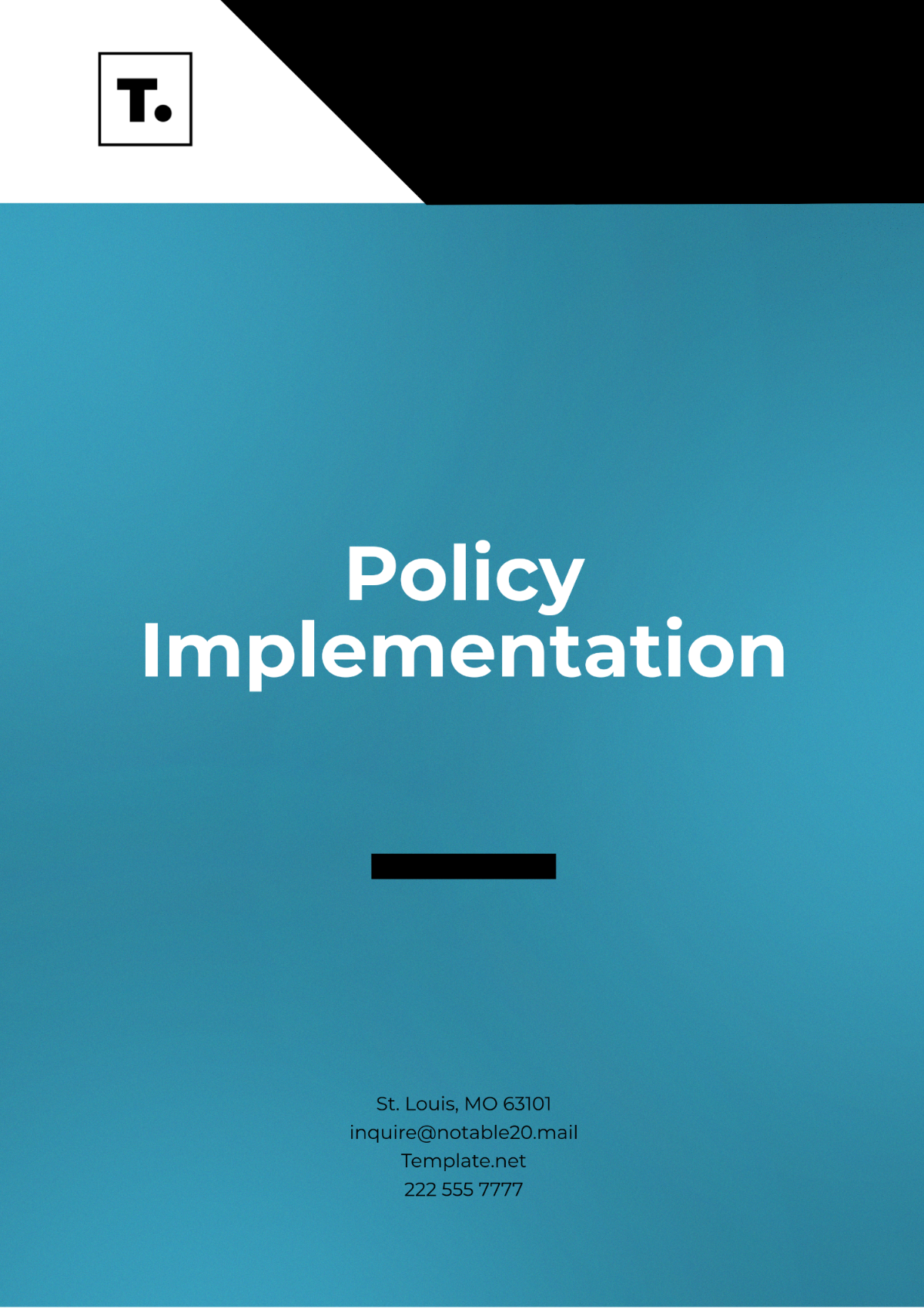Global Warming Public Policy
OVERVIEW:
The Global Warming Public Policy aims to confront the challenges posed by climate change through a nature-inclusive approach. Recognizing the interconnectedness of human activities and the environment, this policy emphasizes leveraging the benefits of nature-based solutions to mitigate greenhouse gas emissions and enhance climate resilience.
PURPOSE:
The purpose of this policy is to:
Reduce greenhouse gas emissions and limit global warming to well below 2°C above pre-industrial levels, in accordance with international climate agreements.
Harness the power of nature to enhance climate resilience, protect vulnerable communities, and safeguard biodiversity.
Promote sustainable land use practices that contribute to climate change mitigation, such as afforestation, reforestation, and sustainable agriculture.
Foster public awareness and engagement in climate action efforts, emphasizing the role of nature in addressing the climate crisis.
SCOPE:
This policy applies to all levels of government, including local, regional, and national authorities, as well as relevant stakeholders, including civil society organizations, businesses, and individuals. It encompasses a wide range of sectors, including energy, transportation, agriculture, forestry, and urban planning.
RESPONSIBILITY:
Government Agencies: Government agencies are responsible for developing and implementing policies, programs, and regulations that promote nature-based solutions for climate change mitigation and adaptation.
Stakeholders: Civil society organizations, businesses, and individuals are encouraged to participate actively in climate action efforts, including supporting and implementing nature-centric initiatives in their respective sectors.
Research Institutions: Research institutions play a crucial role in providing scientific evidence and expertise to support the development and implementation of effective nature-based climate policies.
International Cooperation: Collaboration with other countries and international organizations is essential to address global climate challenges and promote the adoption of nature-based solutions on a global scale.
POLICY AND PROCEDURE:
Natural Carbon Sequestration: Promote the conservation and restoration of natural ecosystems, such as forests, wetlands, and mangroves, to enhance carbon sequestration and storage capacity.
Sustainable Land Use Practices: Encourage sustainable land management practices, including agroforestry, regenerative agriculture, and sustainable forest management, to reduce emissions from deforestation and land degradation.
Green Infrastructure Development: Invest in the development of green infrastructure, such as green roofs, urban forests, and permeable surfaces, to enhance climate resilience in urban areas and reduce the urban heat island effect.
Ecosystem-Based Adaptation: Integrate ecosystem-based approaches into climate adaptation strategies, including the restoration of coastal ecosystems to protect against sea-level rise and the preservation of natural watersheds to ensure water security.
Public Awareness and Education: Raise public awareness about the importance of nature-based solutions in addressing climate change through education campaigns, outreach programs, and community engagement initiatives.
This policy shall be regularly monitored, evaluated, and updated as necessary to ensure its effectiveness in addressing the challenges of global warming and promoting sustainable development in harmony with nature.

















































